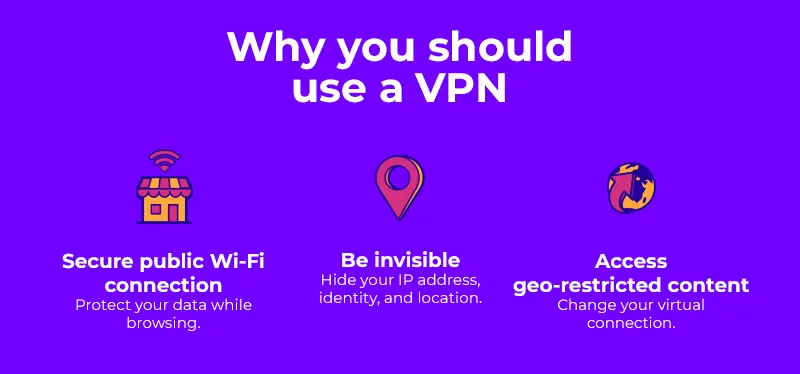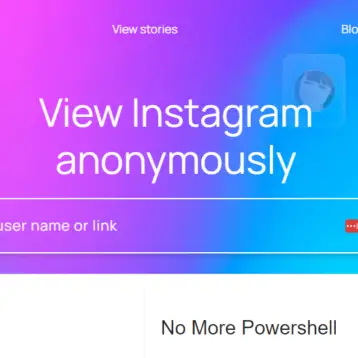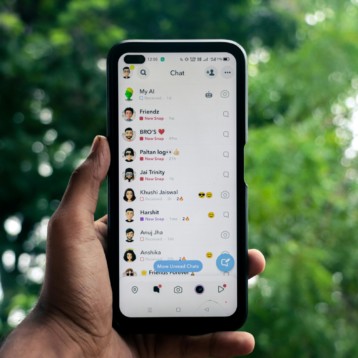Most people agree that using a VPN is vital to protecting privacy and security online. A VPN is what allows you to browse in anonymity, without fear of anyone being able to track your web traffic.
Dozens of VPN providers are on the scene, and some of these offer far better services than others. One of the fundamental questions that anyone who’s looking for a VPN must answer is whether or not they are willing to pay for the service.
That’s right. There are VPN providers out there who don’t charge for their services. On the surface, this may seem like an ideal solution. Everyone likes to get something for free, and when it’s a vital service like a VPN, all the better. Before you jump on the free VPN bandwagon, ask yourself one vital question: How do they make money if they are not asking their customers to support them?
You’re probably not going to like the answers, especially since the primary reason for using a VPN is to maintain anonymity online.
However, there are additional reasons why free VPNs are not as good of a deal as they sound like.
Compromised Security
While a paid VPN service is likely to offer you a choice of VPN protocols, you often don’t have a real choice with a free VPN. Pay for your VPN, and you’re likely to gain access to OpenVPN protocol, currently the most advanced and secure protocol out there.
However, if you choose a free VPN, it’s almost a guarantee that you’ll be using Point-to-Point Tunneling Protocol. Frequently referred to as PPTP, this is one of the oldest and least secure protocols out there. Sure, it’s easy to use and most devices are readily equipped with the means to connect via PPTP, but it offers nothing in the way of encryption. This means that anyone can take a peek at what you’re doing online. Looking at an alternative, SDP seems the way to go. The differences between sdp and vpn are huge when it comes to security and privacy.
OpenVPN usually is accompanied by AES 256-bit data encryption, which makes it virtually impossible for prying eyes to watch you.
Questionable Logging Policies
One of the main reasons that using a VPN is a good idea is to prevent anyone from being able to track where you go and what you do online. Unfortunately, Internet Service Providers are only too happy to keep records of everything you do, from which websites you visit to what you do while you’re there.
A VPN prevents your ISP from doing this, but if your VPN keeps logs of its own, then you’re missing out on one of the primary benefits of using a VPN in the first place. Many free VPN providers keep extensive records of customers’ online activities. Some of the data they collect may be sold to third parties. Moreover, they’ll be able to cooperate with any investigation by the authorities. This isn’t exactly the anonymity that you signed up for.
A reputable, paid VPN provider does not keep logs. They genuinely don’t track what you do online, so they can’t sell the information or be compelled to give it to the authorities. Visit Privacy Australia to find comprehensive reviews of the logging policies of all the major players in the VPN industry.
Poor Service
Using a VPN is virtually guaranteed to mean a slowdown in the speed of your browsing experience. When you’re using a really top-rated VPN, you’re not likely to notice much of a difference.
Unfortunately, free VPNs are rarely equipped to offer this level of service. You’ll be plagued by constant ads, which is one of the main ways that free VPN services keep the lights on. These free services also are known for bottlenecking bandwidth and putting restrictive limits on how much data you can use each month.
Moreover, there have been instances in which free VPNs have been used as part of a cyberattack. This happened with Hola in 2015, in which hackers used the VPN to attack a website with a botnet.
It’s also worth considering that customer service may be nonexistent with a free VPN. If you need support or to have a simple question answered, there may be no one to hear your call. FAQs and knowledge bases for these services typically are less than impressive to say the least.
Free vs. Paid VPN
Free VPNs compromise your privacy and anonymity at every step while also delivering inferior performance. When it comes to service, no-logging policies and security, paid VPN services are the hands-down winner.








